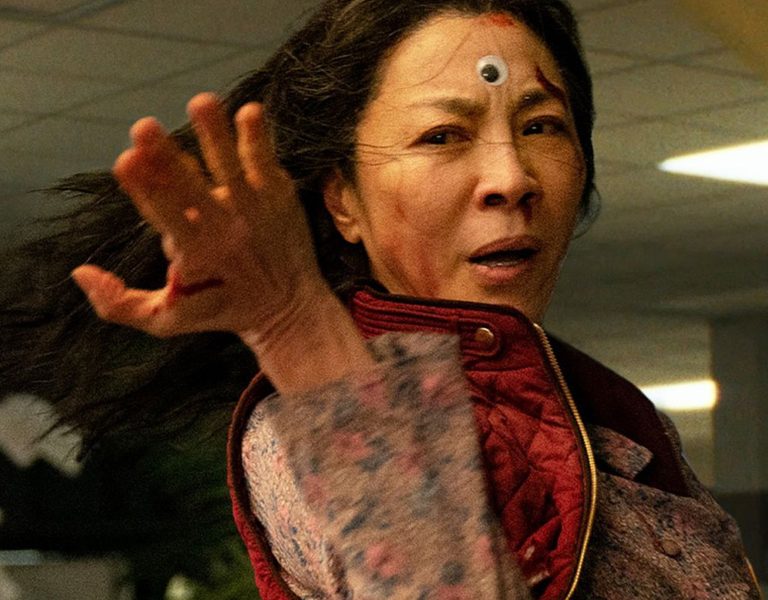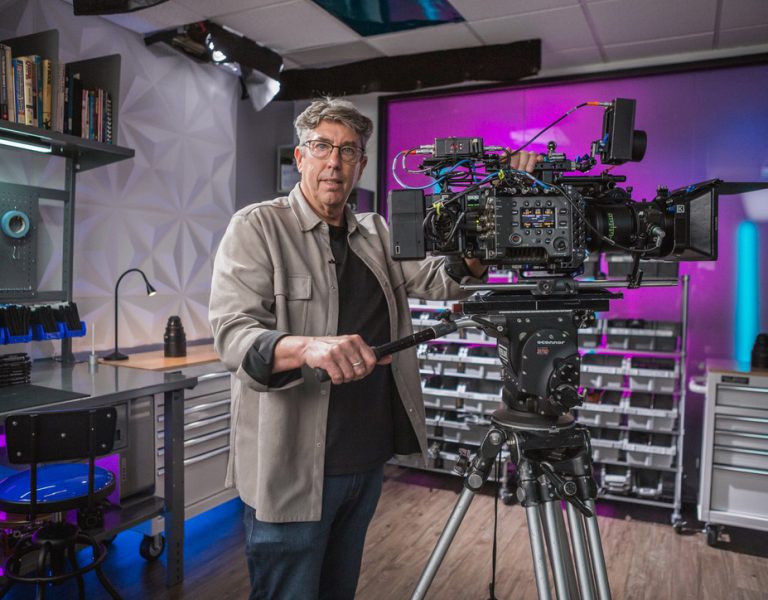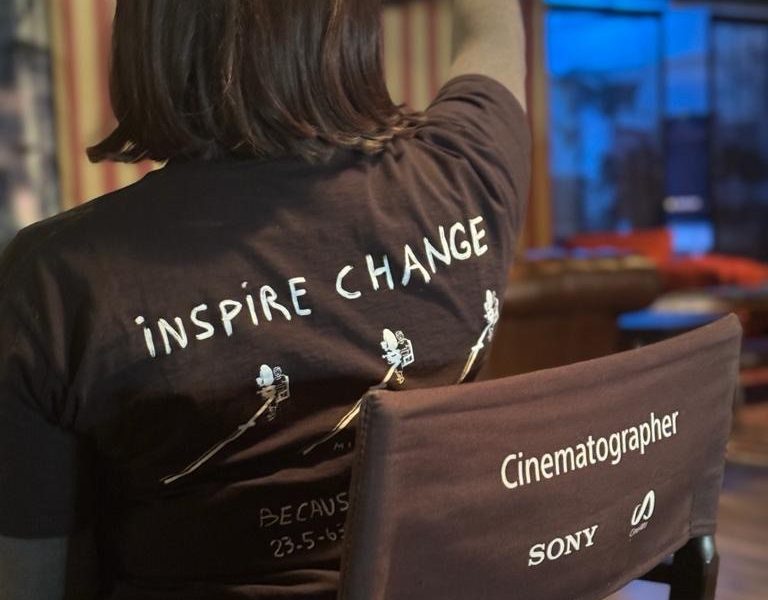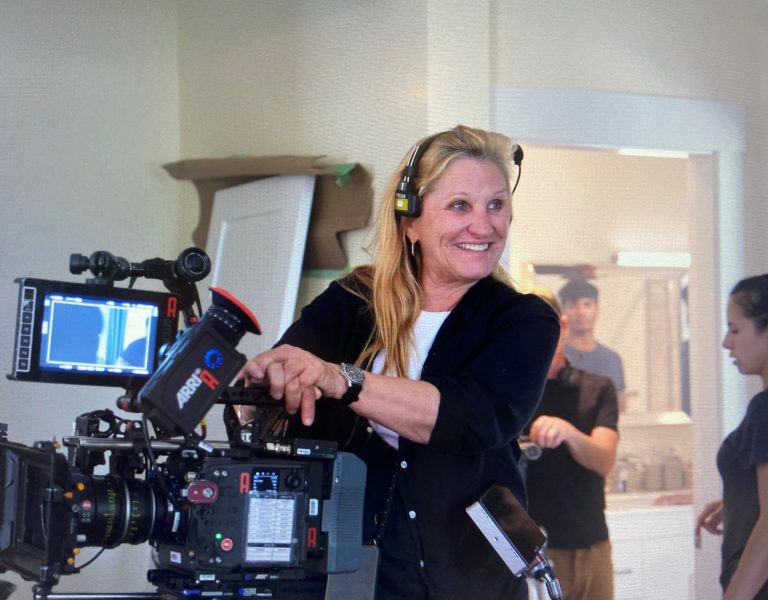Filmmaker Loran Dunn, winner of the 2023 Simon Relph Bursary, emphasises the vital role of producers in the UK film and TV landscape and how they need to be better supported.
At a time where production is booming – a record spend of £6.27bn was cited by the BFI production report Feb 2023 – why does it feel harder than ever to find a producer and get an indie film made, and what does this mean for the future of truly independent British cinema?
Producing is one of those jobs within the industry that is massively misunderstood, particularly so with independent producers, with lots of confusion around what they actually do. With the job being so closely linked with money, we tend not to immediately associate producers with creative vision.
I teach a university producing class, and each year I ask the students, “who are the producers you know and like?” And there is always silence – imagine asking a class of directing students the same question and them not knowing a single director. But this is just indicative of the huge confusion around producing. In the next part of the session, I share a selection of film posters, and ask the students to group them by producer. Guess what – they are always able to do this with great deal of accuracy, because producers have their own voice and style that is immediately recognisable when you look at a body of work. Even if you don’t know the producer’s name, you can see them reflected in their creative decisions.
To develop a voice as a producer takes time, figuring out what you want to say and the type of stories you want to tell. Producing is a colossal and time-consuming effort: taking risks on new writers and directors, learning to recognise who has untapped potential; which ideas are diamonds in the rough and which have hidden shallows; to will something into existence through your own conviction; to inspire financiers and galvanise a team; to lead with a clear vision and overcome the huge mountain of problems that filmmaking involves; and then to get that film in front of an audience – not to mention the people management, finance, legal and business skills that are also required along the way. It takes time to master.
Starting the UK Producers’ Roundtable
The thing with skills that take time to develop within the creative industries is that this time is often unpaid. Contrary to popular belief, not all producers make lots of money; in fact, UK independent producers make very little. In 2019, alongside Helen Simmons and Sophie Reynolds, we set up the UK Producers’ Roundtable to shine a light on the challenges indie producers were facing. We conducted a survey of 149 emerging producers in the UK with features in active development or who had already made a feature film. The survey showed that 82% of BAFTA-nominated/winning emerging producers earned less than £15k a year during the past five years, and that 24% only earned £1k. So, surviving the years needed to establish your career becomes inherently linked to how able you are to financially support yourself.
As a country we have always been very good at recognising the worth of directors, and increasingly so, writers, we build schemes and funding around developing and nurturing this talent as they are seen as the future of the film industry. Historically we have been less good at supporting producers, who are sadly often seen as facilitators of talent, rather than artistic, creative, talent in their own right. New talent funding for production, for example, is structured almost exclusively around the writer and director, and then – is there a producer attached who can make that production happen?
I maintain that shorts are an excellent training ground, but more so for directors than anybody else. Writing or producing a feature is a completely different skill in its own right.
Challenging climate
The whole climate has become impossibly hard for independent producers, with cast/crew rates and budgets rocketing, and concern from financiers and buyers to take risks, we have lost a vital stepping stone from shorts into multi-million-pound features, the creative playground of micro-budget features, shorter development, agile shooting, low risk investment giving producers a chance to get out there and make work, and in doing that, build their companies and careers, and launch writers and directors that have the potential to become astronomically successful.
I fear that if we lack the infrastructure and hard finance that supports emerging producers as tastemakers, visionary leaders and discovers and developers of new voices, we risk losing a vast number of new producers who cannot afford to stay in the game, and in turn the writers and directors they are nurturing. I fear that if this happens it will be producers that aren’t from independent wealth, or privilege that will be forced out, and the diverse range of writers and directors they develop and champion. We know already that 31% indie producers surveyed in the Producers’ Roundtable research went to private, fee-paying schools (compared to the national average of 6.5%), and 71% of respondents citied a lack of finance as a leading barrier to entry.
Funding like the The Simon Relph Bursary, administered by Creative UK and now in its third year, is currently the only funding of its kind after the cessation of the BFI Vision Award. It is a vitally beneficial grant that gives emerging producing talent the ability to be push the boundaries, take creative risks, and support work that agitates, entertains and does things differently, to bring new voices to the big screen. Funding that pays for time required to develop films that offer something beyond the solely commercial and supports producers to be creative and visionary artists in their own right – and when it works, we end up with landmark films that span generations, films that become commercial because of their artist merit and the magic they offer audiences. All of this, in the name of a man who was an incredible champion of producing talent, and independent film. It’s a huge honour that I have been awarded the bursary this year, and it’s an opportunity I’m not going to waste.
Solving the skills gap
We must recognise that independent producers are the R&D hub of the whole film industry and we are beneficial for the whole film ecosystem. There are huge upside benefits to funding and encouraging creative, risk-taking producers – not only do we discover new voices, but we train new entrants. We know there is a skills gap in the industry, with not enough experienced crew to fill the jobs, yet graduates and new entrants struggle to get into work. There are constant discussions around what can be done, but independent producers are often overlooked as an answer. We are the people who will hire new graduates, will offer crew the chance to step up in their departments and will train and mentor… Surely indie producers are worthy of investment for this reason alone?
While the future for bold and risk-taking independent film may feel unclear, one thing that is certain is that if we want the independent film to survive, and the British film industry to thrive, supporting producers will be key.
Find out more about Dunn’s work at Delavalfilm.com


















